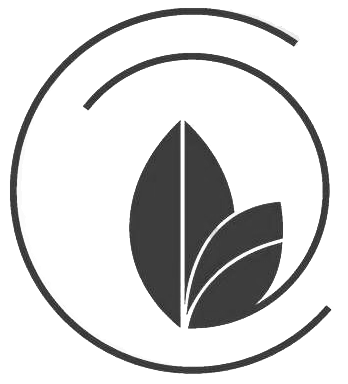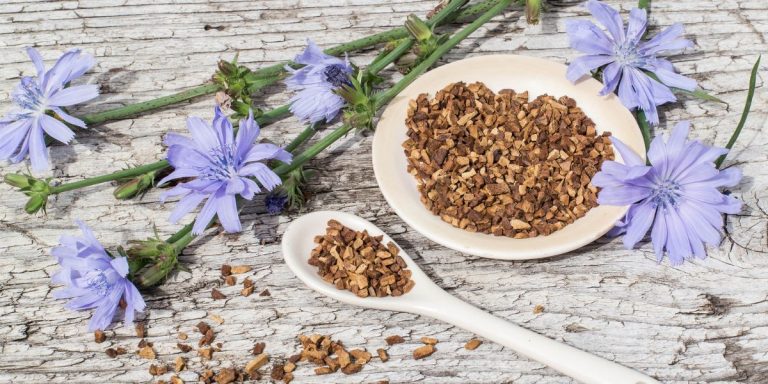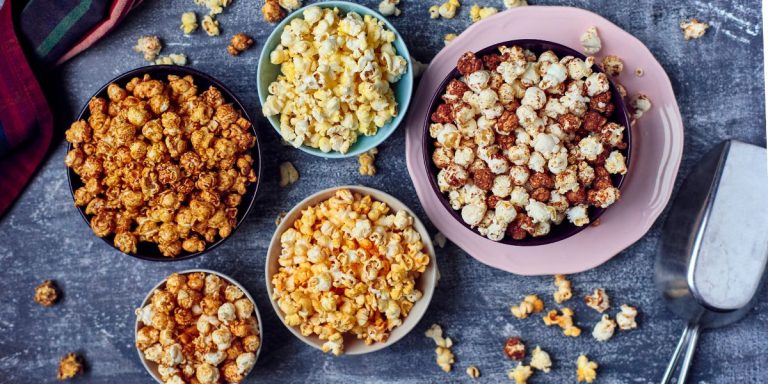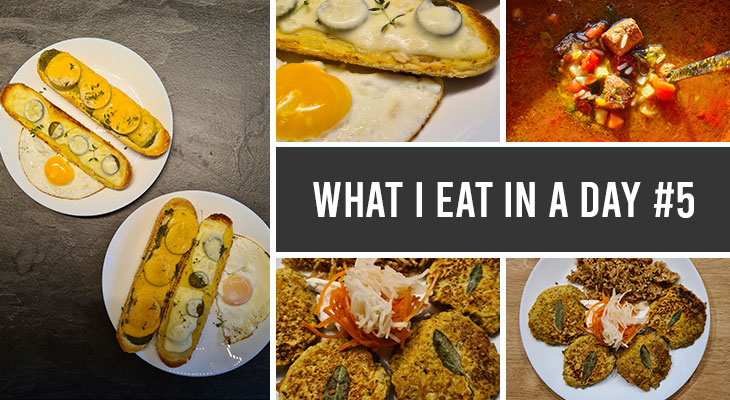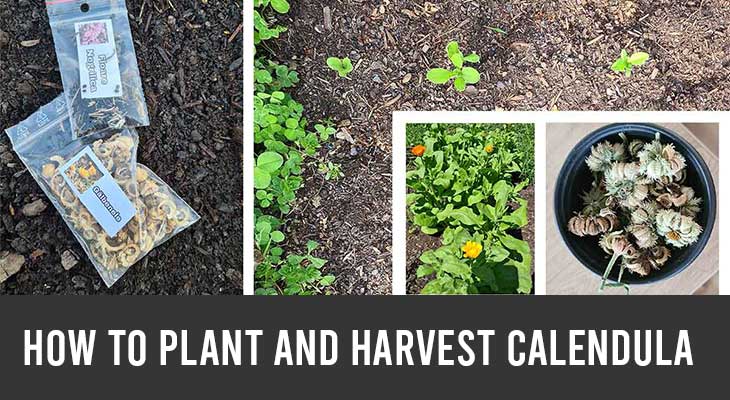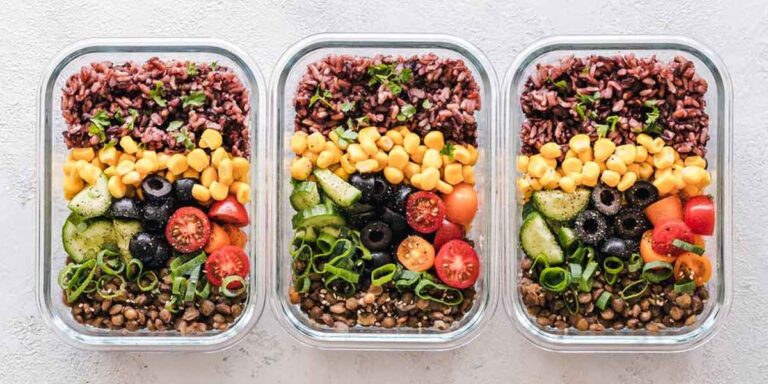Is Your Vegan Diet Negatively Impacting Your Oral Health?
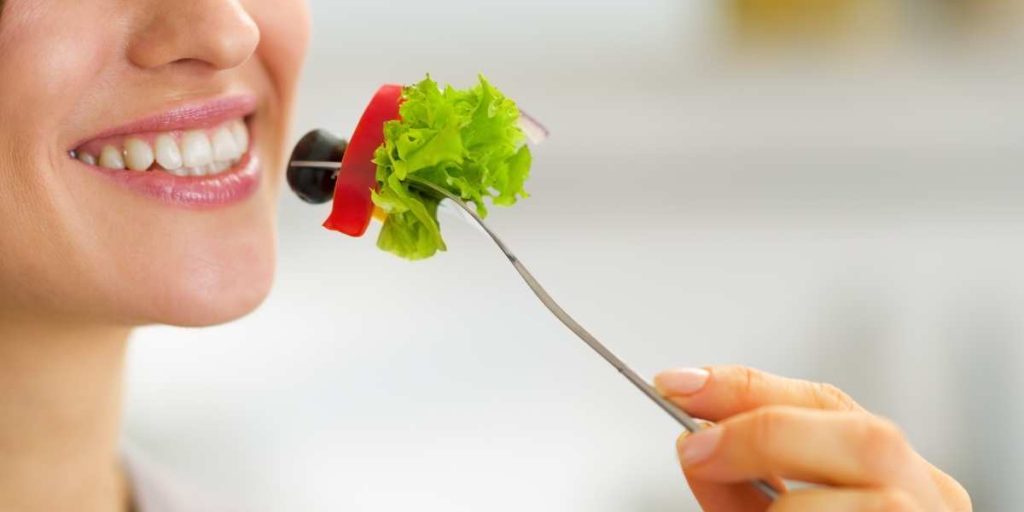
A vegan diet reduces your chances of developing cardiovascular disease and some types of cancer, according to studies and currently almost 6% of the US population is currently vegan, and this number continues to increase each year. While there are clear health benefits associated with eating a vegan diet, there’s a downside too; it can damage oral health. So, how does veganism impact dental health and how can your favorite vegan recipes be adapted to protect the teeth?
Increased risk of tooth demineralization
Multiple studies have concluded that vegans have higher rates of tooth demineralization than meat eaters. Tooth demineralization occurs when there’s too much acid on the surface of the teeth. Vegans eat a lot of fruit and vegetables, but these foods produce acids that break down the mineral surface of the teeth.
Removing fruit and vegetables from your diet isn’t an option as they’re healthy, filling, and make up the majority of your diet. But changing the fruit and vegetables eaten can help. Low-acid fruits include honeydew melons, bananas, dates, and olives. Low-acid vegetable options include spinach, eggplants, parsnips, carrots, cooked mushrooms, and cabbage.
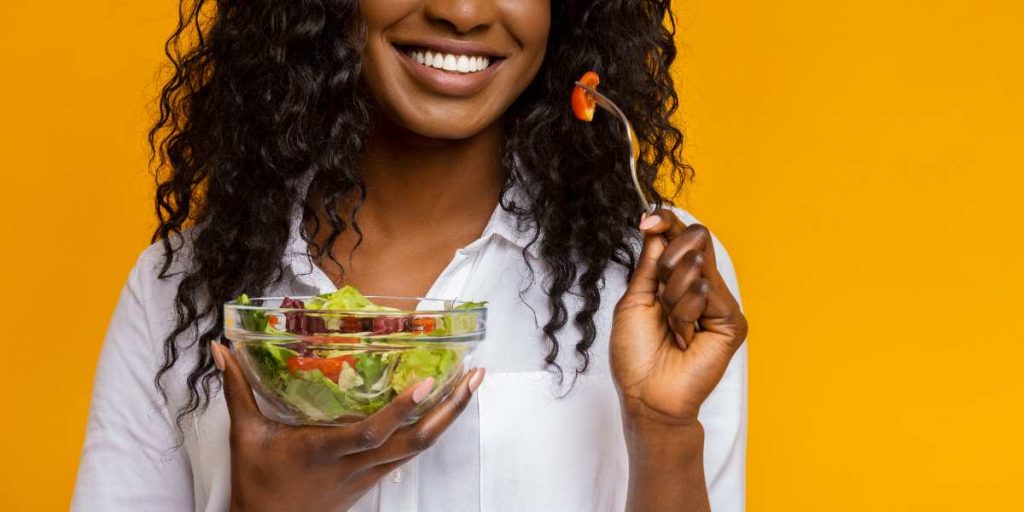
Essential snacks could damage teeth
Vegans are advised to eat nuts regularly as they contain crucial nutrients that they often lack, including protein, omega 3, vitamin E, zinc, iron, calcium, and selenium. But one of the biggest problems of eating nuts as a vegan is that they can damage teeth. Plus, if you’re undergoing orthodontic treatment and wear braces, they can damage them. A floating brace bracket will come away from the teeth and may cause pain and injure other parts of the mouth. An orthodontist appointment should be swiftly made so the bracket can be repaired. Vegans undergoing orthodontic treatment should avoid nuts and find alternative snacks instead. Hummus, scrambled tofu, bananas, and vegan yogurt are good options. Some nutrients, such as omega 3, may be best consumed in supplement form for a short while to ensure that your teeth and your body stay healthy.
Painful gum disease
Vitamin B12 is found in a lot of foods that vegans don’t eat, such as eggs, meat, and cheese. Vegans are therefore at greater risk of a B12 deficiency. In children, a vitamin B12 deficiency has been linked to the development of dental caries. These can then result in breakages, especially if left untreated.
Adults, on the other hand, have a greater chance of getting periodontitis (gum disease). Studies have even found that the symptoms of periodontitis in people with low B12 levels, such as vegans, are worse than those with higher levels of B12. Thankfully, some vegan foods that contain B12, so you should pack your diet full of them. These foods include nutritional yeast (which makes a great seasoning), fortified vegan milk, fortified vegan cereals, and vegan spreads.
There’s no denying that a vegan diet has many health benefits. But, it’s also known to negatively impact people’s oral health. With this in mind, careful consideration should be taken with every meal and snack you eat to try to minimize the damage to your teeth.
If you make this, please leave a review and rating if you liked this recipe! ★★★★★
